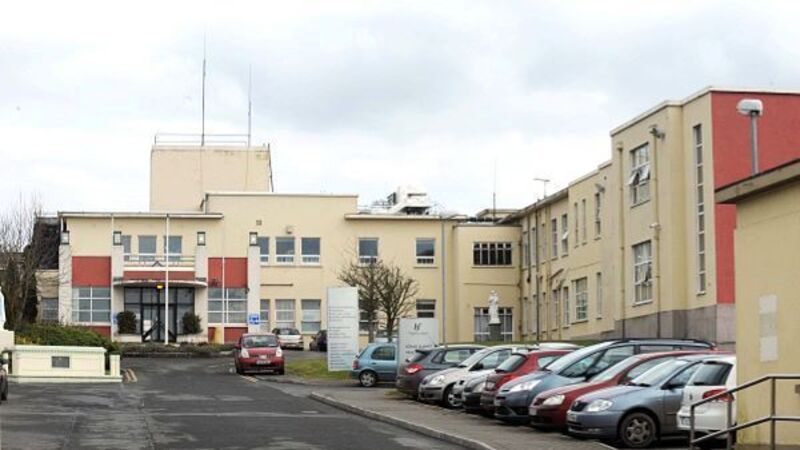Increase in use of penicillin during Nenagh Hospital superbug infection in 2018

The incidence of superbug infection in Nenagh Hospital during 2018 was almost 10 times the target set by the HSE at a time when the use of penicillin, an antibiotic, had also increased.
Health experts have repeatedly warned that the rise in drug-resistant superbugs is linked to antibiotic overuse.













